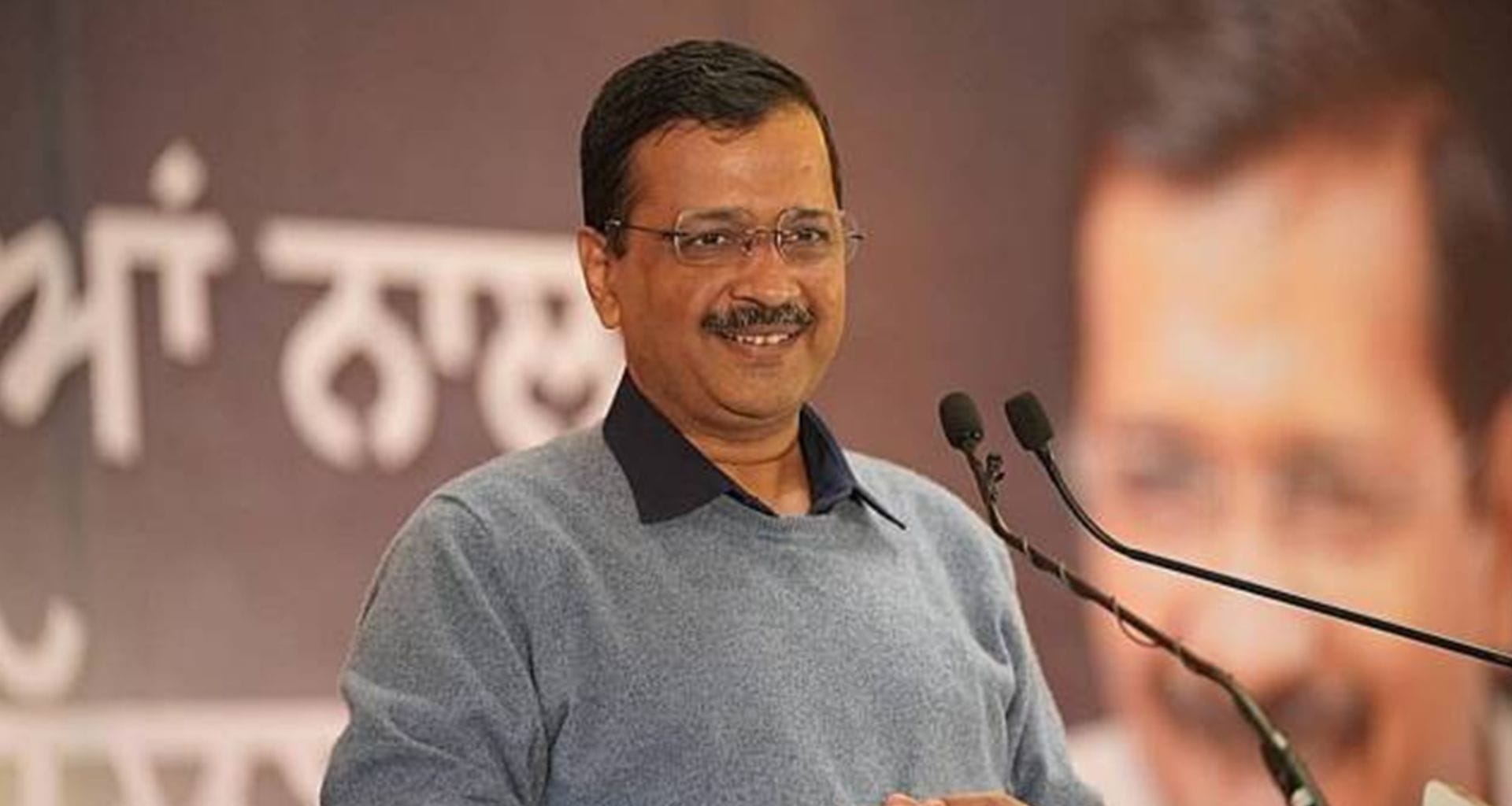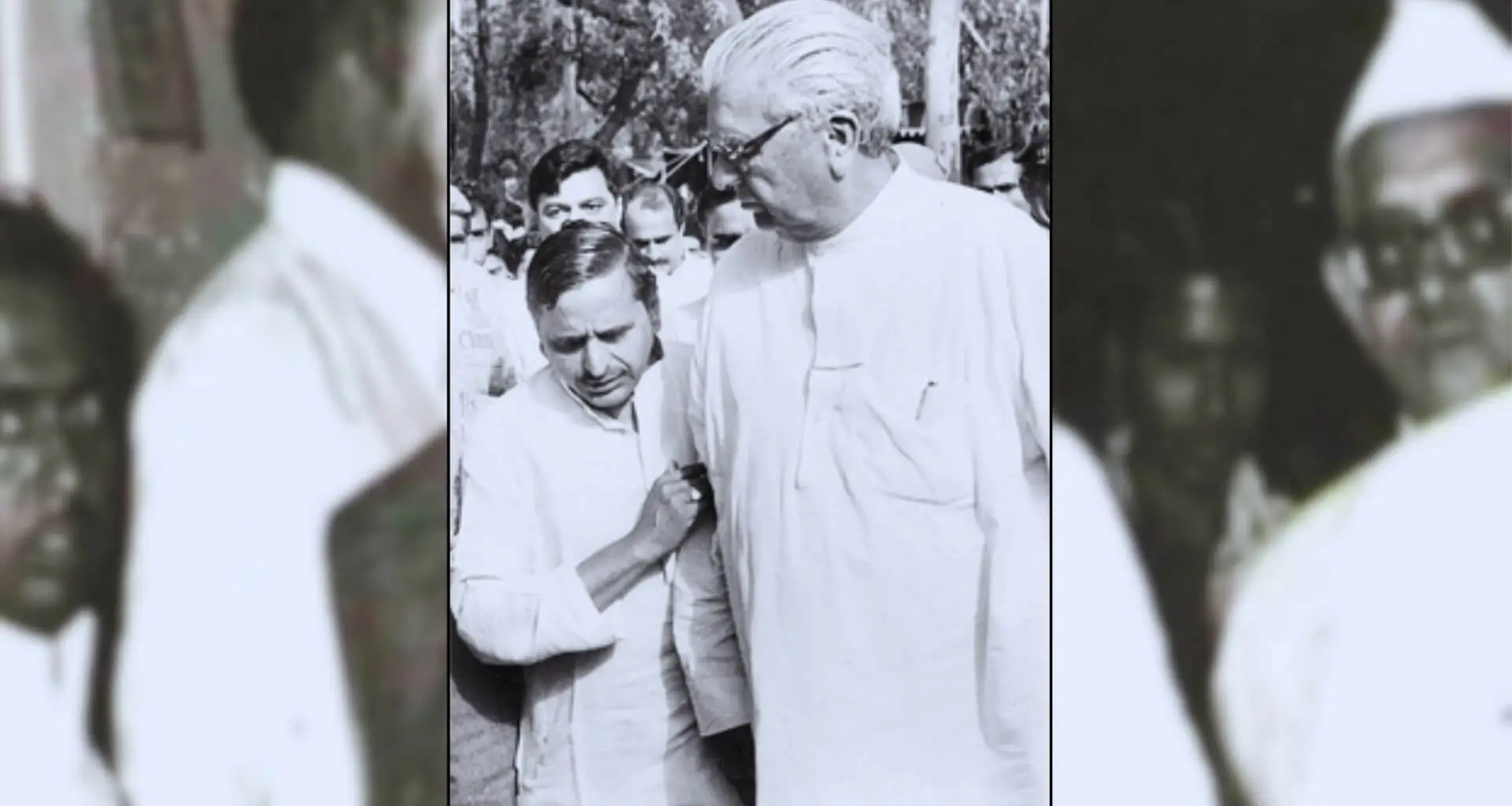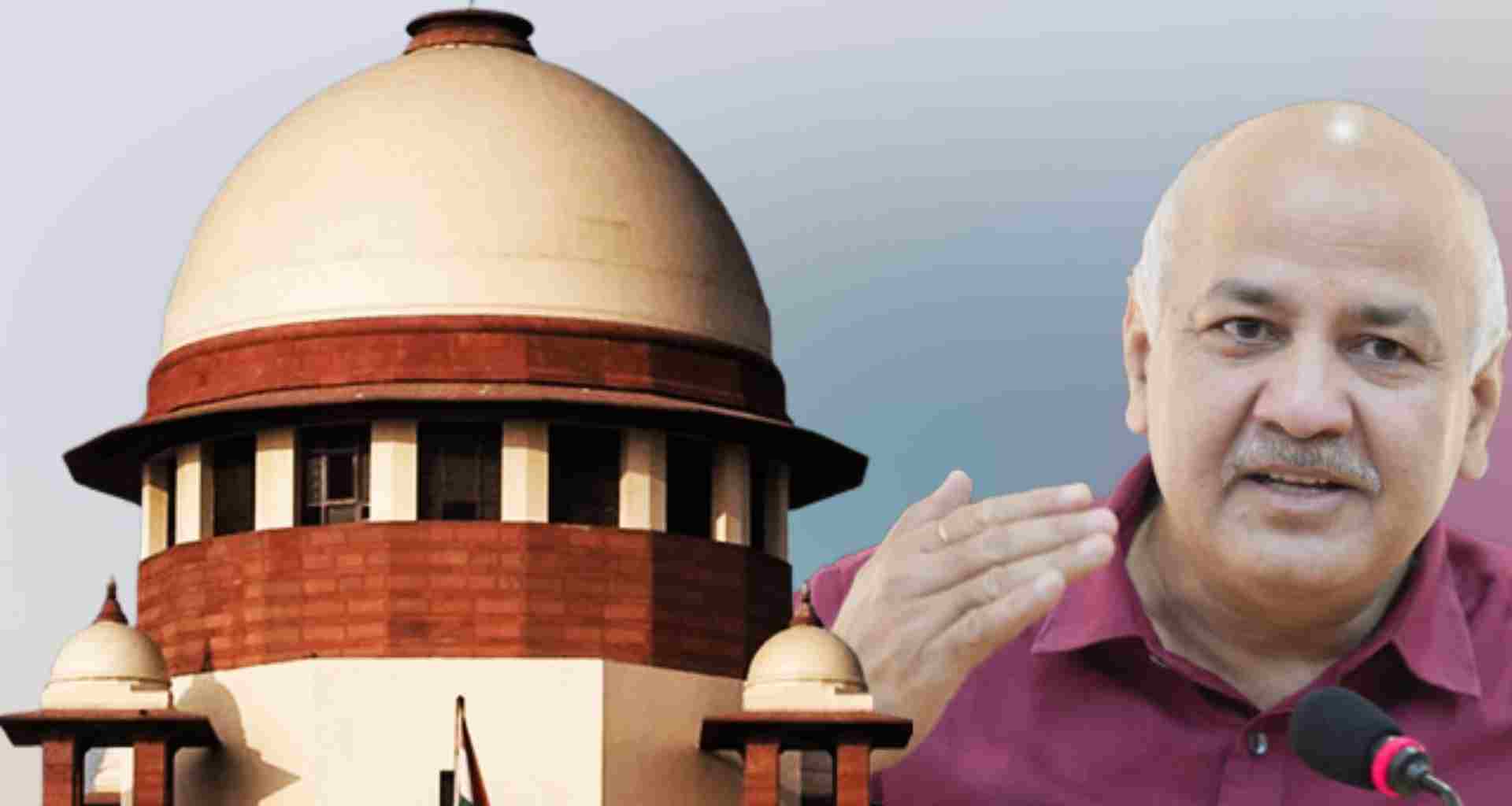Former civil servant Arvind Kejriwal now-politician has indeed become a voice in Indian politics with a great deal of activism at the grassroots level against corruption and very innovation in governance. This SEO article aims to unravel the life story of Arvind Kejriwal, the political career, accomplishments, and lasting legacy of the man for a much better grasp of this somebody who would contribute in many ways to the Indian political landscape.
Early Life and Education
Born on August 16, 1968, in Siwani, Haryana, India, Arvind Kejriwal comes from a middle-class family. His father was an electrical engineer and his mother, a homemaker. Kejriwal had a very strong sense of social justice and a strong will to contribute to South Indian society.
After finishing schooling in India, he earned a bachelor’s degree in Mechanical Engineering from the Indian Institute of Technology (IIT) Kharagpur, graduating in 1989. He then took the Indian Revenue Service (IRS) exam to become a civil servant for a few years, repeatedly witnessing firsthand the problems and administrative challenges of his Nation.
Activism and the Anti-Corruption Movement
Arvind Kejriwal entered the arena of activism and politics because of a deep concern with rampant corruption in the country. So in 2000, he quit his government job to devote himself to social work and grassroots activism. Co-founder of Parivartan, NGO working for transparency and accountability in government services.
Kejriwal has made his presence felt on the national level as an important leader of the anti-corruption movement in India, where he led campaigns such as the Right to Information (RTI) Act and the Jan Lokpal Bill. His relentless efforts and initiatives for fighting against corruption and accountability towards politicians and bureaucrats touched the chords of millions of Indians with a powerful message, which thrusted him into the limelight of politics.
Formation of Aam Aadmi Party (AAP)
In 2012, Arvind Kejriwal, along with a group of like-minded activists, founded the Aam Aadmi Party (AAP), with that political experiment offering exactly what it claims to offer-an alternative to conventional politics in addressing the issues of corruption, inequality, and governance failure.’ Its symbol, the broom, was the symbol of its commitment to sweep away graft and vested interests from Indian politics.
Apart from being an urban party, the bottom-up approach and transparency and accountability aspects that AAP offers manage to get voters attached. AAP has given rise to huge support among public, with its anti-corruption lines and promises for clean governance, much before the 2013 Delhi Legislative Assembly elections.
Chief Minister of Delhi- Arvind Kejriwal
Kejriwal’s bright and fortunate period came with the landslide victory of the Aam Aadmi Party in the Delhi Legislative Assembly elections at the end of 2013, which were constituted of 28 out of 70 seats. It has only since then been the mandate of the Chief Minister of Delhi to back the AAP’s promises of honest governance, transparency, and people-friendly policies.
In his brief stay in office as Chief Minister, Kejriwal got attention by announcing many promising schemes like subsidized water rates, subsidized electricity rates, better health care in government hospitals, anti-corruption helplines, etc. He resigned, however, in 49 days owing to a political impasse arising out of the Jan Lokpal Bill.
Re-elected Moonlit and Commissioned Second Term Chief Minister
AAP won 67 out of 70 seats in the February 2015 assembly elections held below. Once more, Arvind Kejriwal took an oath to be the Chief Minister of Delhi with a renewed mandate to rule the national capital. While AAP was focused on fulfilling its election promises during the second term under Kejriwal-a lot of sought-after innovations in governance were introduced. The schemes of the Delhi government include the Mohalla Clinics scheme offering free primary health care to the citizens of Delhi, along with the improvement of govenment schools through Chunauti 2018 and Mission Buniyaad.
Arvind Kejriwal Third Term as Chief Minister
In the elections of February 2020 for the Delhi Assembly, the Aam Aadmi Party (AAP) won 62 of the total 70 seats. However, in 2025 elections, the representation of AAP dwindled to 22 seats while 48 were acquired by BJP, forming the Government in Delhi after 27 years. Rekha Gupta, one of the earlier students’ leaders of the BJP, was appointed as the Chief Minister.
Impact and Legacy
The Chief Ministership of Delhi held by Arvind Kejriwal has been both celebrated and troubled by the oppositional forces. Notably, the focus of his government initiatives on health and education has been said to be laudable, and he has received high praise from critics as a champion of grassroots issues and delivery-oriented governance.

Programs
- Mohalla Clinics:
Mohalla Clinics are primary health care facilities set up in localities of Delhi. Primary care services including consultation, diagnosis, and medicines are provided free of charge to residents by these clinics. Mohalla Clinics have been framed to ensure that even the urban poor have an equitable access to health care and help decongest tertiary care hospitals. Schemes of Arvind Kejriwal.
- Revolution in Education Delhi:
With the Delhi Education Revolution, the government has brought pledge towards putting much-needed improvements into what is already the quality of education in schools belonging to the government. Chunauti 2018, Mission Buniyaad are some of the campaigns meant for improving the outcomes of learning, infrastructure, and standards of teaching and learning in public schools across Delhi.
- Delhi Health Revolution:
In addition to Mohalla Clinics, the government has also set aside resources for upgrading hospitals, increasing ambulance service infrastructure, and implementing health insurance schemes for providing financial protection to residents.
- Doorstep Delivery of Public Services:
The scheme Doorstep Delivery of Public Services is meant for delivering services to a citizen in such a way that it makes them easy and convenient to take. Under this initiative people are able to avail themselves of such varied services as: issuing of certificates, taking required licenses, and getting permits all at residents’ doorsteps through a mobile service delivery van. Such an initiative would remove the public from having to visit government offices, thus saving time and energy.
- Water and Electricity Free Subsidy:
Subsidised tariffs on water and electricity are provided and made available by the Delhi government to households in general to bring the majority of these services within their reach. But, the free water consumption limit is extended to households, while electricity subsidy reduces the burden of electricity bills on low-income households. Arvind Kejriwal Schemes.
- Yamuna Cleaning and Rejuvenation:
The Yamuna Cleaning and Rejuvenation schemes will revive and restore the river Yamuna back to its original pure form and quality. Various government measures have been taken such as sewage treatment plants, riverfront development, and awareness programmes to address pollution and to restore the ecological balance of the river Yamuna .
- Delhi Wi-Fi:
Delhi Wi-Fi is a project to provide Delhi with free public Wi-Fi access at parks, markets, and government buildings across Delhi. No new involvement comes with this increase in digital connectivity; rather, one step further is being taken towards bringing the wider network right into the private homes where it can be accessed conveniently by one’s own people.
- Dilli Swabhiman Yojana:
The Delhi government launched the Dilli Swabhiman Yojana Health Insurance Scheme to provide financial cover to the citizens of Delhi during medical exigencies. Cashless health insurance coverage for specific medical treatments and procedures at empaneled hospitals will be given to the beneficiaries of this scheme. Arvind Kejriwal Schemes.
Arvind Kejriwal Controversies
- Resignation After 49 Days: This probably at one of the most defining moments for Arvind Kejriwal was in early 2014 when he resigned as the Chief Minister of Delhi after just 49 days in office. Kejriwal claimed that he was resigning owing to non-passage of the Jan Lokpal Bill since it was blocked by other political parties. Critics charged him as escaping from the responsibilities of governance and indulging in theatrics for political gain.
- Run-ins with the Central Government: Arvind Kejriwal’s rule as Chief Minister has been synonymous with all those frequent run-ins of his government with the centre,especially that of the Lieutenant Governor of Delhi and of the BJP-led central government. Administrative paralysis, which is detrimental to governance and the normal functioning of the government, has often occurred in light of the ongoing tussles between the Delhi government and the office of the Lieutenant Governor concerning control and decision-making.
- Allegations of Anarchism: Kejriwal and the AAP have been criticized for their so-called “anarchist” style of street warfare politics, which opponents claim has caused an uproar in many states since it disrupted normal business. The incitement to agitation and disorder panders to the anarchy of the mob and is destructive towards the democratic process and rule of law that need to exist in a healthy society.
- Defamation Cases: A case of defamation for Arvind Kejriwal has been surrounded by numerous cases filed against him by political rivals as well as individual commoners. Legal strife and courtroom battles stem from public comments and allegations targeted upon individuals as well as institutions, critics terming him as unsubstantiated for political gain.
- Rifts in the Party: Misguided and factional, Aam Aadmi Party (AAP) has had several of its former prominent leaders and manifesto contributors kicked out or resign due to differences with Arvind Kejriwal’s leadership and decision-making. These have raised several questions regarding the state of affairs with unity in the party, as well as its unity and strength.
- Election Setbacks: Despite a series of initial successes from electoral contests, the next elections, including the 2014 Lok Sabha election and the 2017 MCD elections, have sprung up setbacks for Arvind Kejriwal and the AAP. Even after excellent performances at the polls, failure of the party to continue such successful polling might lead one to question its viability in future elections and how it would strategize its electoral campaign.
- Accusations of U-turns: Kejriwal and the Aam Aadmi Party have lately been criticized for backtracking from various important policy positions and promises previously made during election campaigns. Critics cite the opportunistic U-turn on various issues, such as alliance politics, apparently exposing corruption allegations against party members, and U-turns in governance initiatives, as examples of the deteriorating public trust and credibility.
Delhi New Liquor Policy
The New Liquor Policy was formulated in 2020 and was implemented from November 2021. Delhi was divided into 32 zones with each zone having 27 liquor vends. End liquor mafia and black marketing, generate revenue and better consumer experience, and equity in liquor vends same in terms of availability. This means that the government will now completely withdraw itself from selling liquor; now all the sales will be through private liquor stores in the city, with 2-3 vends per municipal ward. The government has also made the rules flexible in such a way that a licensee can sell on discount and sets his own price, instead of selling at MRP fixed by the government.
So discounts are offered by vendors, which attracted crowds. After some protests from opposition, the excise department withdrew the discounts for some time. Increase in the government revenue by 27 percent amounting to about Rs 8,900 crores has been collected since the new excise policy 2021-22 came into force. Currently, ED & CBI is investigating this matter.
Arvind Kejriwal – Conclusion
The story of Arvind Kejriwal has been that of a civil servant becoming a political maverick and Chief Minister of Delhi. His progress in both achievement and controversy assures that no one can ignore him in Indian politics and governance. Arvind Kejriwal will be watched closely by many as he walks this long and winding road into Indian politics because his legacy will be different, perhaps merit close analysis, before being found carved in the democratic fabric and landscape of governance in the country. He will be admired or criticized, but there is no denying his role in reshaping the political discourse and finding inspiration in a new generation of leaders committed to the people.


